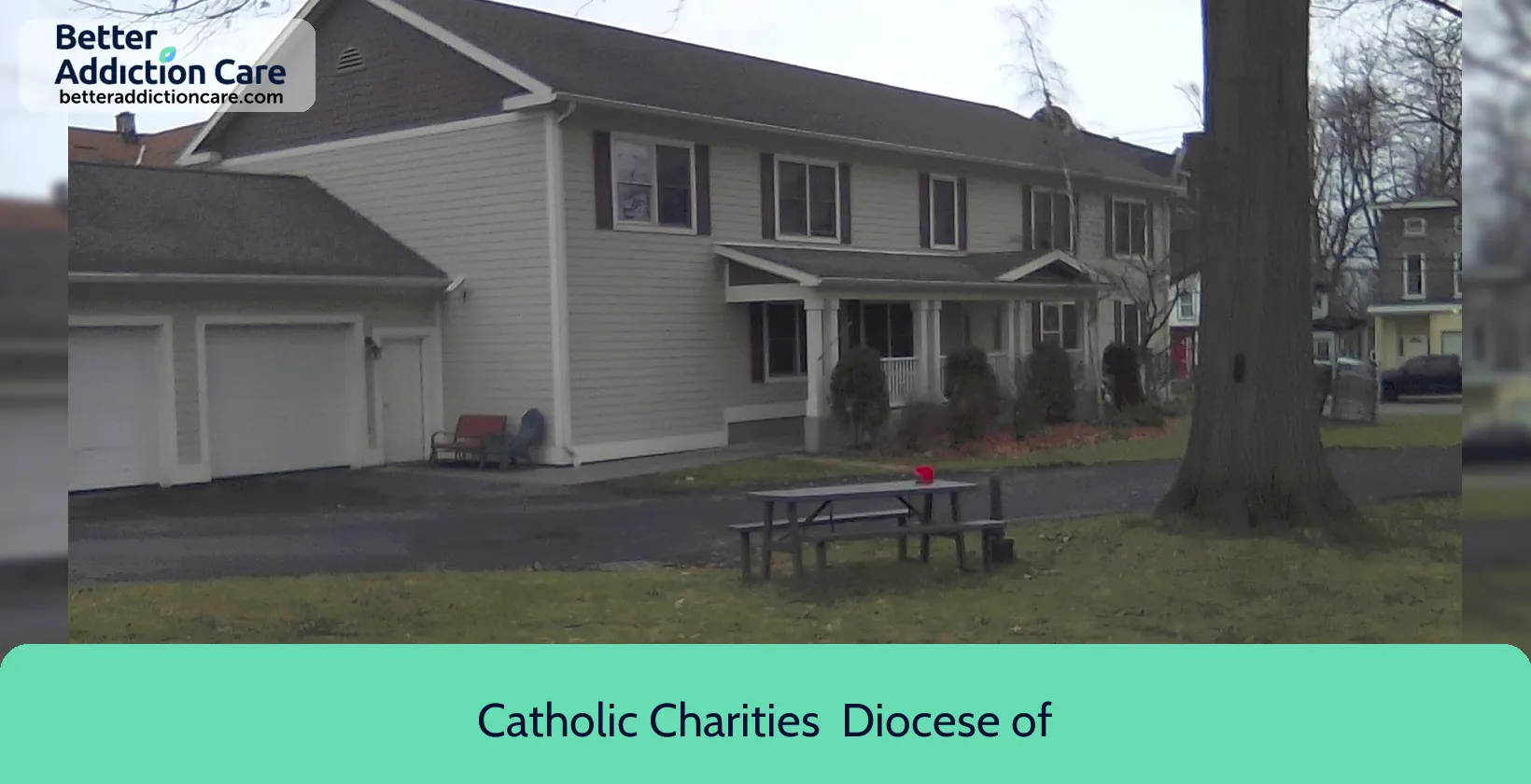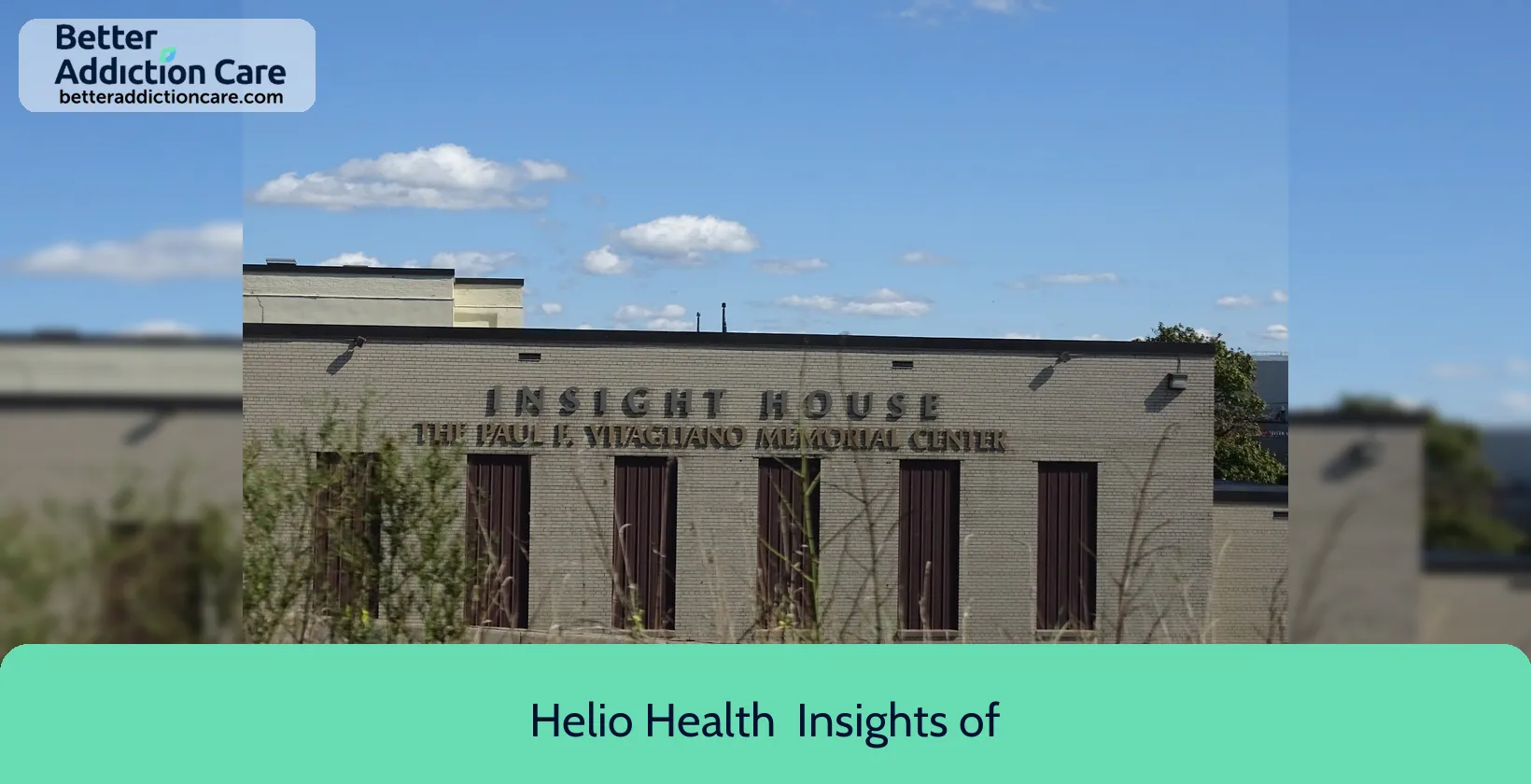Johnson Park Center

Overview
Johnson Park Center is a substance abuse treatment center for people seeking treatment near Oneida County. As part of their treatment modalities for recovery, Johnson Park Center provides trauma-related counseling, individual psychotherapy, and relapse prevention during treatment. Johnson Park Center is located in Utica, New York, accepting cash or self-payment for treatment.
Johnson Park Center at a Glance
Payment Options
- Cash or self-payment
Assessments
- Comprehensive mental health assessment
- Comprehensive substance use assessment
Age Groups
- Adults
- Young adults
Ancillary Services
- Residential beds for client's children
- Child care for client's children
- Social skills development
- Transportation assistance
Highlights About Johnson Park Center
6.87/10
With an overall rating of 6.87/10, this facility has the following balanced range of services. Alcohol Rehabilitation: 8.30/10, Drug Rehab and Detox: 6.92/10, Treatment Options: 6.24/10, Insurance and Payments: 6.00/10.-
Alcohol Rehabilitation 8.30
-
Drug Rehab and Detox 6.92
-
Treatment Options 6.24
-
Insurance and Payments 6.00
Treatment At Johnson Park Center
Treatment Conditions
- Mental health treatment
- Alcoholism
- Opioid Addiction
- Substance use treatment
- Co-occurring Disorders
Care Levels
- Detoxification
- Halfway house
- Hospital inpatient treatment
- Long-term residential
Treatment Modalities
- Trauma-related counseling
- Individual psychotherapy
- Relapse prevention
Ancillary Services
Languages
- Sign language services for the deaf and hard of hearing
- Other languages (excluding Spanish)
- German
Special Programs
- Clients with HIV or AIDS
- Pregnant/postpartum women
- Clients who have experienced trauma
Get Help Now
Common Questions About Johnson Park Center
Contact Information
Other Facilities in Utica

6.68

7.39

7.35

6.82

7.45
DISCLAIMER: The facility name, logo and brand are the property and registered trademarks of Helio Health - Insights of Helio Health, and are being used for identification and informational purposes only. Use of these names, logos and brands shall not imply endorsement. BetterAddictionCare.com is not affiliated with or sponsored by Helio Health - Insights of Helio Health.
